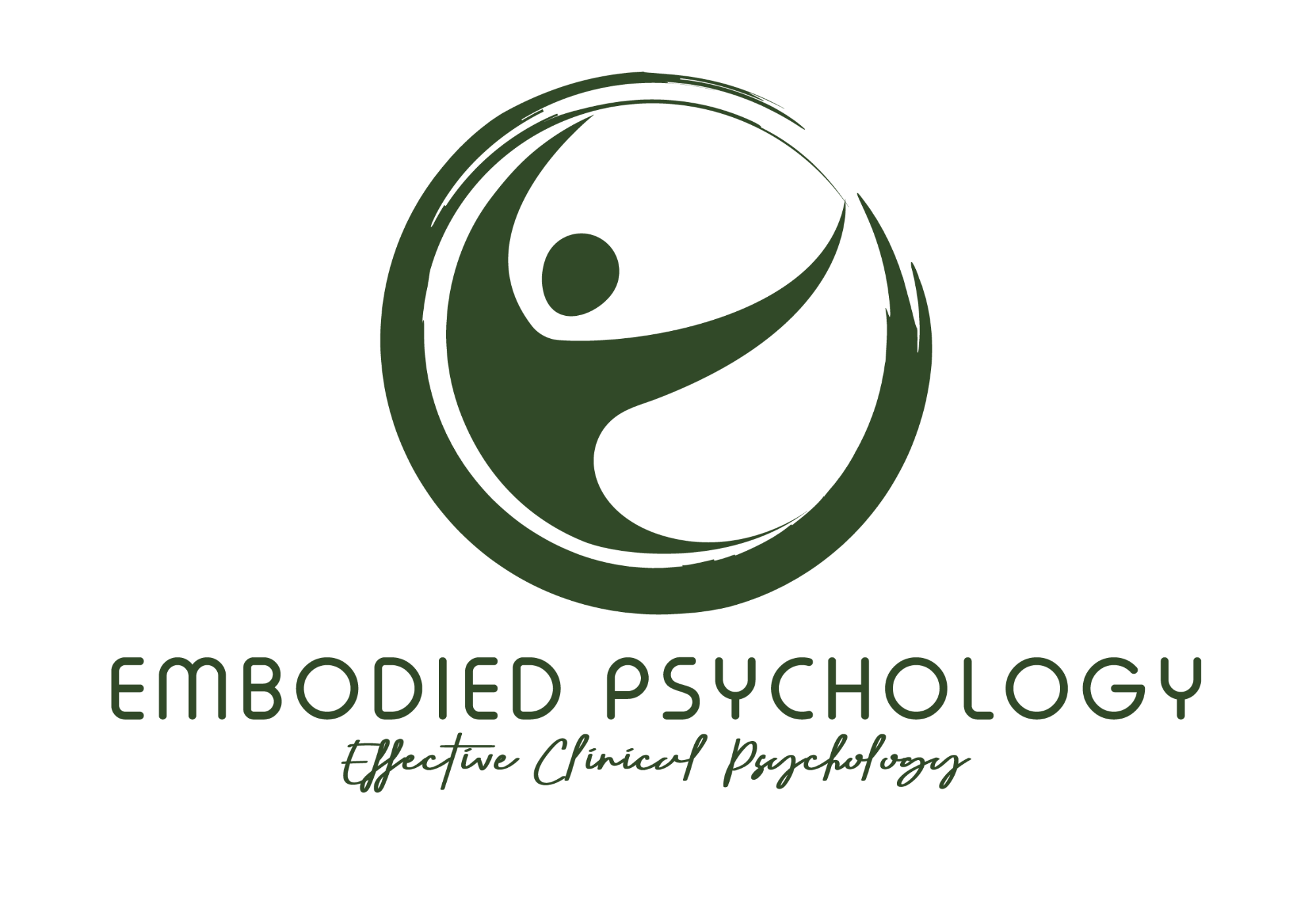
Session Information
Therapy begins with an Assessment Appointment. This is an important session in which I learn about what has brought you to therapy and you get a feel for working with me. At the end of the assessment I indicate what sort of treatment plan I feel is appropriate and I give you the chance to think about whether you would like to proceed. The therapeutic relationship is important and I like my clients to feel empowered in their choice to work with me.
The length of treatment can vary, usually starting from as few as 2 sessions up to several months. The regularity of sessions will also vary depending on your availability and the nature of the issues you are facing. Mostly, I recommend weekly therapy as this provides a focussed programme. However, there are times where bi-monthly or fewer sessions are more appropriate. This is discussed and arranged in advance and in accordance with you.
Appointments & Fees
Appointments are available Mondays to Fridays as well as emergency appointments at weekends. I offer both in person and videoconference appointments. I strongly recommend that if you would like a videoconference appointment that you ensure you are in a private space where confidentiality can be maintained.
GENERAL CLINICAL PSYCHOLOGY FEES
£140 per 50 minute face to face individual session
£160 per 50 minute couple / family session
£110 per 50 minute online individual session
NEURO PSYCHOLOGY FEE
£175 per hour of assessment / report writing
£175 per hour individual session
£200 per hour couple / family session
There are a small number of concessionary places available, so please enquire if required.
If you are unsure about whether the issue you are experiencing is appropriate for psychological therapy, please do get in touch for a consultation conversation with me at no charge.

One of the things that has made me repeatedly return to her for help is her ability to adjust therapy style and methods to suit me. Taking view points and language common to me, and understanding my desire to be more analytical that emotional in my way of processing feelings. All the while coming projecting sincere warmth and concern for my well-being. Both during in person and online sessions she has been exceptionally accommodating, even registering with a new provider so I could use my health insurance for our sessions and managing to still find time for when family responsibilities demanded more of her time. She has my highest recommendations.
FAQ's
What is embodied psychology?
This is the name I have given my particular style of doing clinical psychology because it captures the way I give a lot of space to how things feel in the body, emotionally and physically, as well as to the thinking processes themselves.
Becoming masters of our internal, feeling state is what really frees us up in life and so this is a large focus in working with me. Often it takes time to make the links between our thoughts and our experiences, because we spend so much time thinking that we do not really focus on our here and now experience. Embodied psychology encourages an increased self awareness from the inside out.
Trauma, anxiety and depression are all experiences that can be held and expressed in the body. Therefore, when I work using EMDR and also CBT, I ensure that there is plenty of opportunity for the body to express and let go of the trauma and tension that is maintaining the problem.
How can a clinical psychologist help me?
Psychological Therapy broadly aims to help you increase your understanding of yourself and to enable you to adopt new strategies and ways of relating to other people to enable you to make positive changes in your life.
It is perfectly fine to come to therapy without a clearly defined problem, but feeling stuck, confused, frustrated, frightened, hopeless, angry, fed uo, tired, lonely or lost.
As a clinical psychologist I have been professionally trained in a range of evidence based therapies and I can use the most appropriate of these to work with you in understanding the underlying root of difficult emotional experiences and then can share evidence based techniques to support behavioural and emotional change, for the good.
Do I need a referral?
No, you can self refer by making contact with me directly through this website.
Are my therapy sessions confidential?
Client confidentiality is of the utmost importance.
Sessions are strictly confidential, which means that I do not talk about what you have said with anyone apart from in the following settings:
I receive clinical supervision as part of good practice and there may be times when I want to discuss the work we are doing with my supervisor so that I can have a second opinion on any aspect of the work. In this case, I only mention your first name and I give no other personal information to my supervisor at all.
The only other scenario when I might share something you have said is if I feel that you or someone you know is at risk of harm in some way. In this context I would tell you that in my clinical opinion, this information needs to be shared with a specialist agency for your own benefit.
When does therapy end?
Essentially, therapy ends when it feels right for you. Some treatments are quite structured and others are more open ended. Overall, the timing of the ending is a two way decision made by us together. However, to give you a guideline, for CBT you could expect around 12 - 25 sessions, depending on what brings you to therapy. For EMDR you could expect around 6 - 12 sessions. For psychodynamic work, where we are exploring your patterns in relating to others and the world, the number of sessions is more fluid. Group work is usually 6 to 8 weeks.
When you are ready. The ending of therapy is a beautiful process, it enables understanding of how we deal with loss, ending and completion and it also marks the beginning of your journey of growth without therapy.
I see it that therapy ends when you are ready to 'be your own therapist' and when you feel that you have grown as much as you need in this piece of work. I like to offer a staged down process, where the gaps in sessions increase towards the end of the work, so that you get the experience of a gentle tailing off. However, some people prefer to simply finish, without the tailoring off and this is also absolutely appropriate.
The timing of the ending is a collaborative decision between us. With more focussed models, like EMDR, the ending will be more clear and in some cases (such as with insurance) we may have a set number of sessions approved from the outset and a fixed ending date from the start of the work.
Will my insurance company cover the cost of therapy?
If you would like to use private health insurance to pay, you will need to request your insurer to authorise the sessions. I am currently an affiliate of a range of insurance companies (including AXA, Aviva, Vitality Health) and if your insurance company is not one that I am currently registered with, I can make contact with them and register so that you can work with me.
Can I bring someone to the appointment?
Yes, absolutely. I encourage this particularly for younger clients. Do be aware that couple and family sessions are charged at a higher rate than individual sessions in general. However, it is absolutely fine (and warmly welcomed) to bring someone with you to your first appointment at the individual session fee.
What is your cancellation policy?
The full fee is payable for sessions cancelled with under 4 working days notice.
